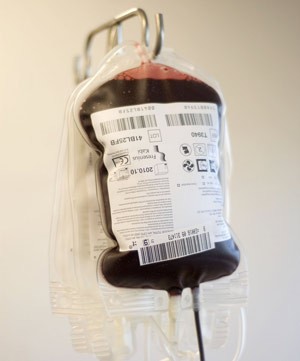Charges relate to Operacion Puerto doping affair
 Controversial Spanish doctor Eufemiano Fuentes and former team owner Manolo Saiz are facing possible two year prison sentence on charges relating to Operación Puerto, with prosecutors seeking a jail term of that duration.
Controversial Spanish doctor Eufemiano Fuentes and former team owner Manolo Saiz are facing possible two year prison sentence on charges relating to Operación Puerto, with prosecutors seeking a jail term of that duration.
Spanish media sources are reporting that Fuentes and Saiz are two of five people who could be behind bars for up to 24 months as a result of the doping ring, which was busted in May 2006.
Raids on Fuentes clinic in Madrid revealed many banned doping substances, as well as blood bags identified by code names. Over time it was determined that cyclists such as Alejandro Valverde, Ivan Basso, Jan Ullrich and others were involved, and many of those were suspended as a result.
Although no anti-doping law was in existence at the time, prosecutors feel that the charge of crimes against public health could apply. Fuentes, his sister Yolanda, a third doctor named José Luis Merino Batres and the-then Liberty Seguros team general manager Saiz are accused, as is former Comunidad Valenciana manager José Ignacio Labarta.
They are accused of being involved in a process referred to as ‘glicerolización’. This is the process of enriching blood with high concentrations of red cells. It is deemed dangerous to health as thicker blood can lead to heart attacks, thrombosis and strokes.
Fuentes and Merino Batres were also implicated in the more recent Operación Galgo affair, which would certainly fall under the legislation pertaining to the anti-doping laws introduced after Puerto.
The controversial doctor was signed this month to work with the Universidad de Las Palmas de Gran Canaria soccer team. It isn’t concerned about his reputation, but may change its stance now that jail terms are being sought. In addition to the two year prison sentence, prosecutors are also seeking to have his medical licence suspended.
Saiz recently revealed that he hopes to return to top level cycling in 2012, and wants to build a team similar to his previous ONCE squad. He again denied doping, but somewhat cryptically acknowledged ‘biological support.”
“We have to know what is biological support and what is doping. If I saw someone dope themselves? If you ask me, ‘have you seen cyclists aid themselves biologically?’ I would say yes,” he said during an interview with Europa Press and National Radio of Spain ( RNE).
“But I’ve seen them train and sacrifice themselves like nobody else. I am clear on what are the limits and I can assure you that in ONCE, we never passed that limit.”
This may correspond with Fuentes’ hints that he didn’t seek to artificially enhance performance, but did medically assist riders to recover and to maintain their usual physiological levels. That has been interpreted as meaning the use of hormone supplementation and blood transfusions, both banned under the WADA Code.